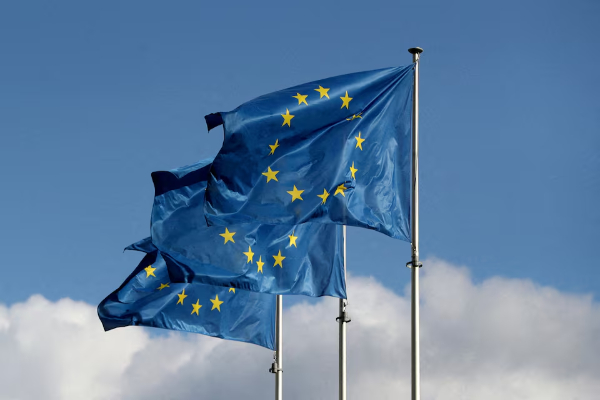
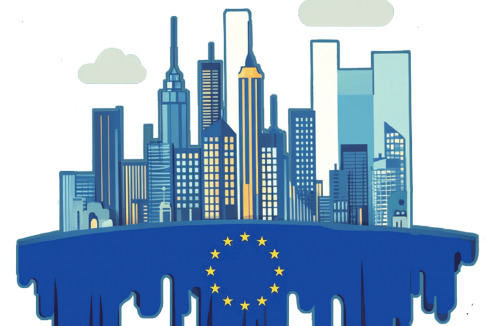
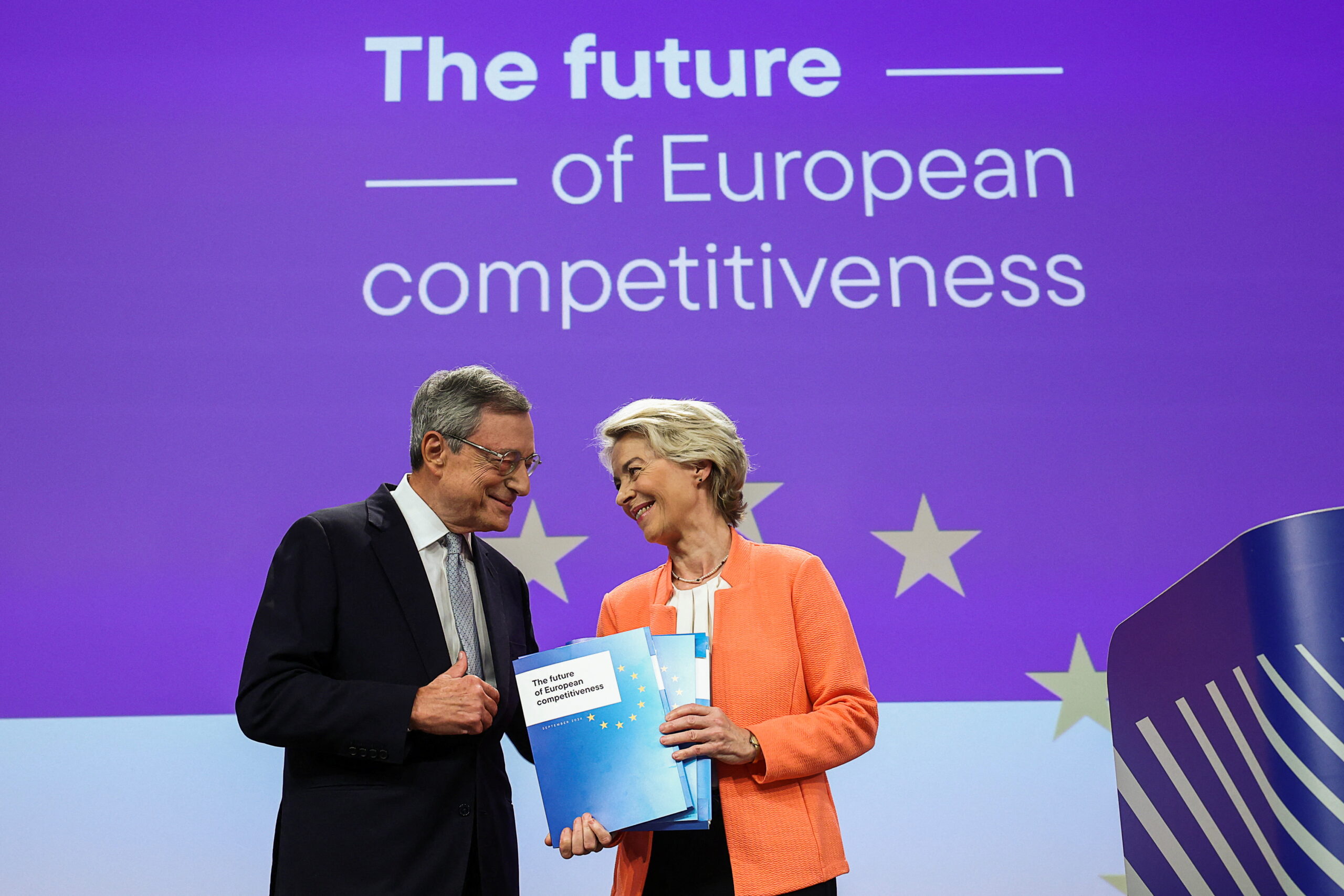
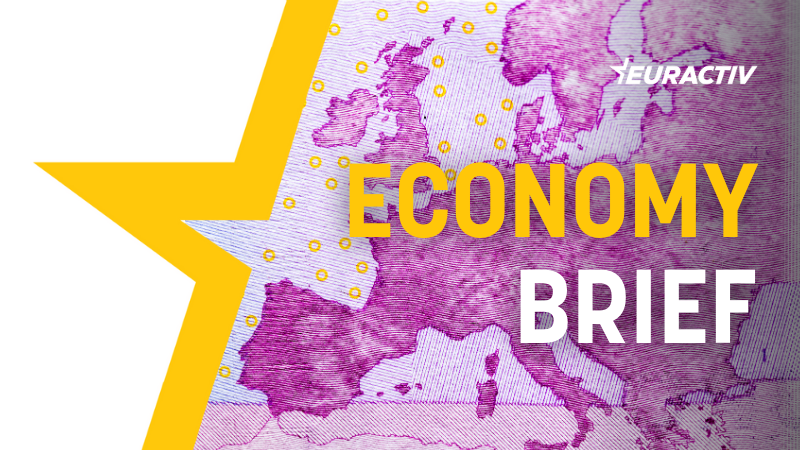
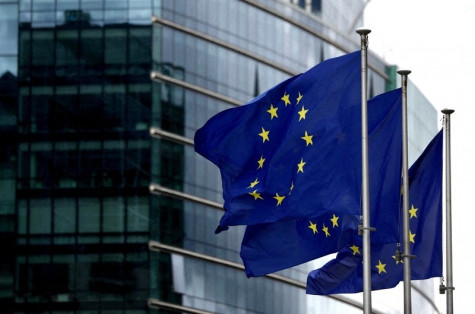


On January 21, 2025, EU's 27 finance ministers convened in Brussels and reached a consensus on maintaining a unified stance towards the new U.S. administration. They emphasized the importance of strengthening the EU's economic competitiveness as a safeguard against transatlantic challenges. The ministers agreed that deeper ties with the U.S. would be beneficial for both parties, particularly in light of recent geopolitical tensions. [8584296d]
During the discussions, low and stable energy prices were identified as crucial for European prosperity, with EU consumers currently paying significantly more than their U.S. and Chinese counterparts. The International Monetary Fund (IMF) suggested that further integration of the EU energy market could help address these disparities. [8584296d]
The meeting also addressed concerns regarding trade relations, particularly in light of Donald Trump's recent threats to impose tariffs on EU exports unless the bloc increased oil and gas imports from the U.S. In the first quarter of 2024, the U.S. supplied 47% of the EU's liquefied natural gas imports and 17% of its oil imports, highlighting the growing dependency on American energy resources. [8584296d]
These developments come on the heels of the Budapest Declaration on the New European Competitiveness Deal, adopted by European Council leaders on November 16, 2024. This declaration emphasized the urgent need to improve competitiveness for the EU to catch up with leading economies, prioritizing the expansion of the EU single market. [ccf820fc]
In a parallel development, business leaders from Germany, France, and Italy convened in Paris to call for the EU to emulate the U.S. economy, citing lower growth rates and higher energy prices in Europe. They proposed a catch-up test within a year to compare EU and U.S. policy results, advocating for a technology-neutral approach and raising R&D budgets to 3% of GDP. [30b44273]
Mario Draghi's report, titled "The Future of European Competitiveness," released in September 2024, outlined critical challenges for the EU, emphasizing the need for technological investments to close a 2% GDP innovation gap with the U.S. The report called for an additional investment of 800 billion euros annually and suggested establishing a comprehensive EU industrial policy. [14f09973][f1e0e91a]
Charles Michel, President of the European Council, warned that the EU risks falling behind other economies if significant changes are not made, particularly regarding energy prices, which are currently 2 to 3 times higher than those in the U.S. The EU has set a target to meet a 3% GDP expenditure on research and development (R&D) by 2030, which is seen as critical for enhancing competitiveness. [ccf820fc]
The IMF has cautioned that the EU's annual GDP growth rate could drop to 1.45% over the next decade without necessary adjustments, particularly in technology productivity. Experts stress that improving competitiveness will require joint efforts from all member countries. [ccf820fc]
In light of these developments, the EU continues to navigate its budgetary conundrum, with Paschal Donohoe, the president of the Eurogroup, emphasizing the need for political will to resolve budgetary challenges that significantly impact economic stability. [b5f33e57]
As the EU faces multifaceted challenges, the integration of social rights and economic strategies remains a priority, with ongoing discussions about the European Social Charter and its relevance in addressing contemporary issues. [5304b747] Richard Gardenier from the World Benchmarking Alliance criticized the obsession with U.S. market models, emphasizing the need for a fundamental assessment of the EU market. [30b44273]